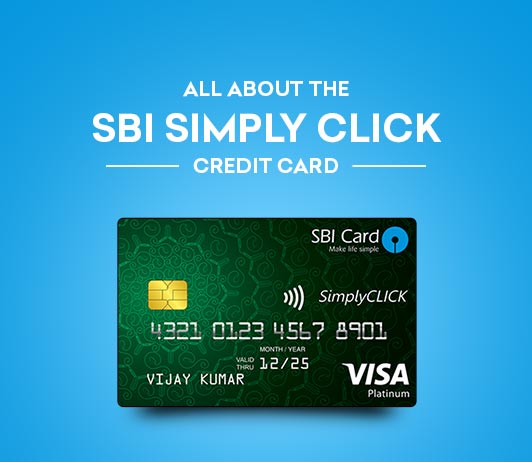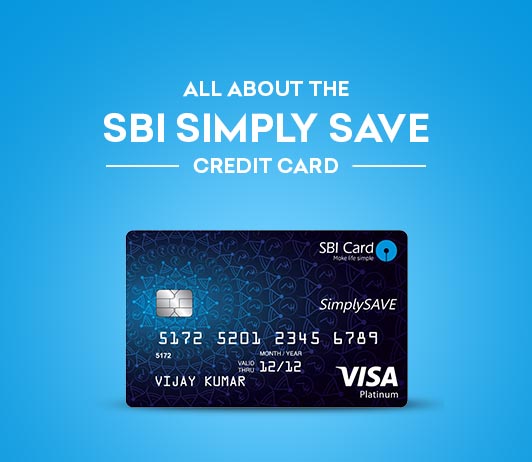What is a Debit Card?
A debit card also known as a check card is a payment card that deducts money directly from the user’s checking account while paying for a buy. People avail the facility of a debit card when they do not want to carry cash or bypass physical checks while making purchases. These cards offer consumer protections when issued by noteworthy payment processors like Visa or MasterCard.
A debit card allows the user to withdraw money from his or her checking account via an ATM or through a cashback function which several merchants offer at the point of sale. Furthermore, they let the users make purchases. The most significant advantage of using a debit card is that it does not allow the user to go into debt, except maybe for small negative balances that might be incurred if the account holder is using an overdraft coverage.
What is a Credit Card?
A credit card is a card which is issued by a financial firm. A user can borrow funds by using the credit card. Credit cards are issued with the caveat that the cardholder will pay back the original amount of money borrowed along with any additional charges which were agreed upon. A line of credit (LOC) can be offered by the credit card issuer which enables the holder to borrow money in cash advance. The credit card company pre-sets borrowing perimeter that are related to the user’s credit rating.
The key difference between a credit card & debit card?
The biggest difference between a debit card & a credit card is where the money is drawn from when you use the card. When you use a debit card, the money is drawn from your account. However, a credit card draws money from a line of credit that is extended to you by the bank. Learn more about the difference between credit cards and debit cards below.
Debit Card Versus Credit Card: Difference Between Credit Card And Debit Card
| Sr No. | Debit Card | Credit Card |
| 1 | Only the amount of money available in the current or savings account can be utilised while making transactions | The credit limit related to the credit card account can be utilised while making transactions |
| 2 | Money is drawn directly from checking account | Purchase charged to a line of credit which the user is billed for later |
| 3 | Money is instantly deducted from the checking account | Generally, the customer has 30 days to pay after the purchase |
| 4 | You can earn interest which depends on the amount of deposits available | Interest is charged on outstanding amount |
| 5 | Non-debt instruments as no repayment is required. Debit card holder is simply tapping into the bank account. | Serve as debt instruments as the credit card holder has to repay the amount borrowed from credit card company |
| 6 | Cannot avail EMI facility on debit cards | EMI facility can be availed on credit cards |
| 7 | Charges such as joining fee, annual fee, processing fee etc are levied | Charges such as joining fee, processing fee, annual fee, delayed payment fee, prepayment penalty or foreclosure fees can be levied |
| 8 | Bank statement is sent to the customer on a monthly basis stating the transactions | Bank statement is sent to the customer on a monthly basis detailing the bills, transactions, outstanding balance, minimum amount due and the payment due date |
| 9 | A debit card can be held by any savings or current account holding customer | In order to avail a credit card, the borrower must fulfil lender’s eligibility standards. Particulars such as a CIBIL score, transaction history with the bank, debt-to-income balance etc is factored in for approval |
| 10 | Low fraud liability offered by bank | High fraud liability with insurance cover in case of loss or theft or misuse of credit card |




